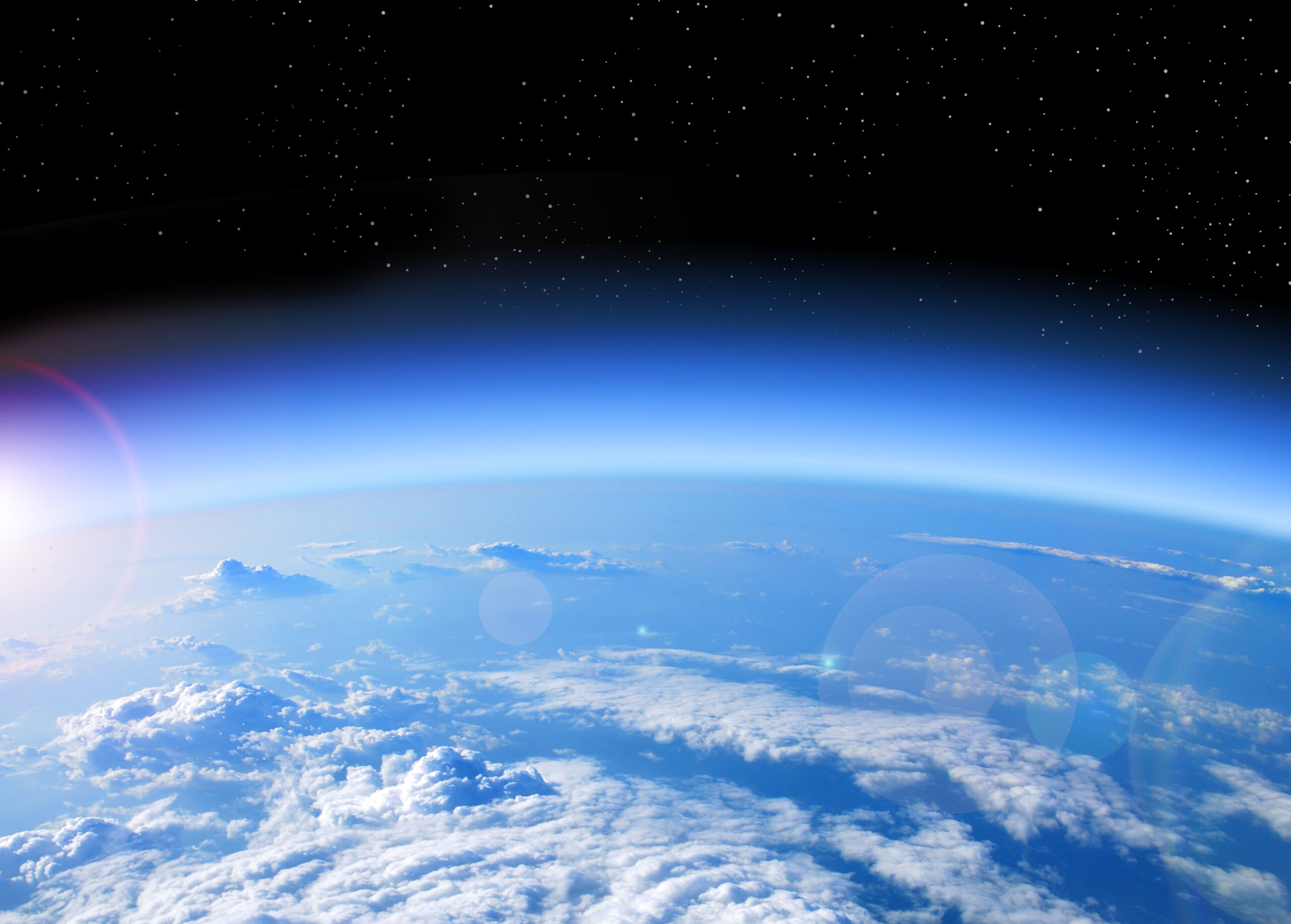In this interdisciplinary degree course, you will learn the scientific principles of weather and climate development and apply them directly in practice-oriented courses in other scientific fields. You will be ideally prepared to tackle the environmental issues of the future.
The most important facts
- Degree: Bachelor of Science (B. Sc.)
- Standard period of study: 6 semesters
- Start of studies: Winter and summer semester
- Admission requirements: admission-free
- Sprache: German
- Application deadlines: March 1 (summer semester), September 1 (winter semester)
What you can expect during your studies

In the first two semesters, you will acquire basic knowledge of meteorology and learn the fundamentals of experimental physics, mathematics and chemistry. Right at the beginning, you will also work on a practical environmental science project.
From the third semester onwards, you will learn to understand the processes and mechanisms of the atmosphere and how predictions are made, as well as how to carry out computer-based analyses and statistically evaluate the results.
In addition, there is further practical content, such as handling measuring instruments and practical excursions. You will also attend courses in one of the elective areas (audiovisual publishing, geography or geosciences), giving you the opportunity to choose lectures and seminars according to your personal focus and to specialize.
At the end of your studies, you will have the opportunity to put the skills you have acquired into practice in a professional environment during your work placement. In your Bachelor's thesis, you can then take up your own research-related topic and gain practical experience in scientific work.
Study plan (Example/German)

Elective subjects
In addition to the environmental science courses, you will also choose courses from an elective area:
- Audiovisual Publishing
- Geography
- Geosciences
And after the Bachelor's degree?
With a Bachelor's degree in Environmental Sciences, you have a wide range of career prospects: Environmental scientists work in chemical, aerospace, shipping, automotive and combustion technology companies, in environmental and climate management institutions, in media companies and insurance companies, and of course at the German Weather Service. With a Master's degree, you can deepen your knowledge and specialize further. Many working groups offer paid positions for student assistants, which not only provide you with financial support, but can also be an important step towards an exciting scientific career.
Flexible start to your studies
You can start your studies in the winter and summer semester, as practically all courses are offered in every semester. Three weeks before the start of lectures, all first-year students are offered a bridge course in mathematics to brush up on school mathematics and make the transition between school and university easier. This is also a good opportunity to familiarize yourself with the university and get to know your fellow students with whom you will later sit in lectures.
How to apply
The application deadline is September 1 for the start of the winter semester and March 1 for the start of the summer semester. All further information on enrollment and the application process can be found on the central JGU website.
www.studium.uni-mainz.de/en/your-application
